An episode that redefines the perspective.
Here’s what’s to come in this episode:
In this episode, our hosts address audience requests to explore the often problematic and ambiguous terminology of the DSM-5.
The DSM-5, often considered the Bible of psychology, tends to pathologize autism and reflect only a neurotypical perspective.
We discuss the issues with IQ tests, highlighting their ableist nature and why they shouldn’t determine autism diagnoses. We also explore how the DSM’s description of autism overlooks critical aspects, such as proprioceptive difficulties and overlapping medical conditions like POTS, endometriosis, PMDD, and PCOS, as well as how autism is largely hereditary.
Additionally, we argue that autistic individuals don’t have social deficits but instead exhibit social differences.
The DSM suggests that autistic people "lack imagination," when in reality, we have a rich internal world—we just express it differently.
Furthermore, the DSM pathologizes autistic people for speaking passionately and extensively about our special interests—activities and topics that bring us immense joy and fulfillment. Rather than being seen as a positive expression of enthusiasm and deep knowledge, this is unfairly framed as a deficit or abnormal behavior.
In this episode, we tackle the issue of psychologists and mental health professionals dismissing autistic women’s accounts of their own symptoms.
We also explore the various forms of stimming and routines, delving into why these practices provide comfort and security for autistic individuals.
Routines and expectations offer comfort to overwhelmed autistic individuals, as our brains process 42% more information at rest compared to neurotypical brains.
Finally, we discuss SPINs (Special Interests), which ones are considered socially "appropriate," and the unique sense of joy and fulfillment they bring—experiences that neurotypicals often cannot fully understand or access.
Lastly, we reflect on how the DSM portrays autism primarily through the lens of its impact on neurotypicals, rather than focusing on the internal experiences of autistic individuals. This perspective neglects the depth of autistic joy, fulfillment, and individuality, especially as seen through SPINs and other unique aspects of autistic life.
“If you have depression, yeah, you probably don’t want that depression. You probably want the depression to go away. But with autism, it’s a neurotype. There are a lot of ableists and a lot of people who have internalized ableism who say, ‘I’m different and I don’t wanna be different. I wanna be like everybody else - but that’s a whole self-esteem problem.” - Matt
“The more stressed you are, the more neurotypicals around you are going to ask, ‘Hey, are you autistic or something?’ Yes, yes I am, thanks for asking.” - Matt
Did you notice how today’s episode challenges and reframes the DSM criteria for autism? We dive deep into this transformative discussion about shifting perspectives! Thanks for tuning in—share your thoughts on the conversation in the comments, and use #AutisticCultureCatch to connect with fellow listeners on social media. Which insights or moments resonated with you the most?
Resources:
https://www.mattlowrylpp.com/blog/reframing-dsm-autism-criteria
https://www.mattlowrylpp.com/meme-gallery
Related Episodes:
Follow us on Instagram
Find us on Apple Podcasts and Spotify
Learn more about Matt at Matt Lowry, LPP
Join Matt’s Autistic Connections Facebook Group
Learn more about Angela at AngelaKingdon.com
Angela’s social media: Twitter and TikTok
Our Autism-affirming merch shop


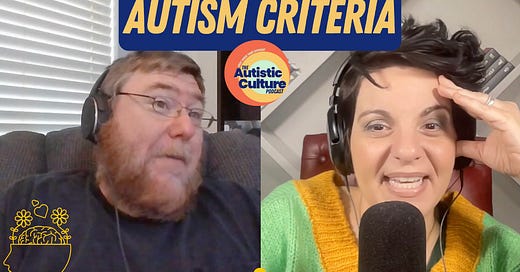
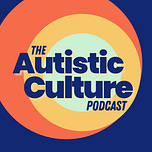


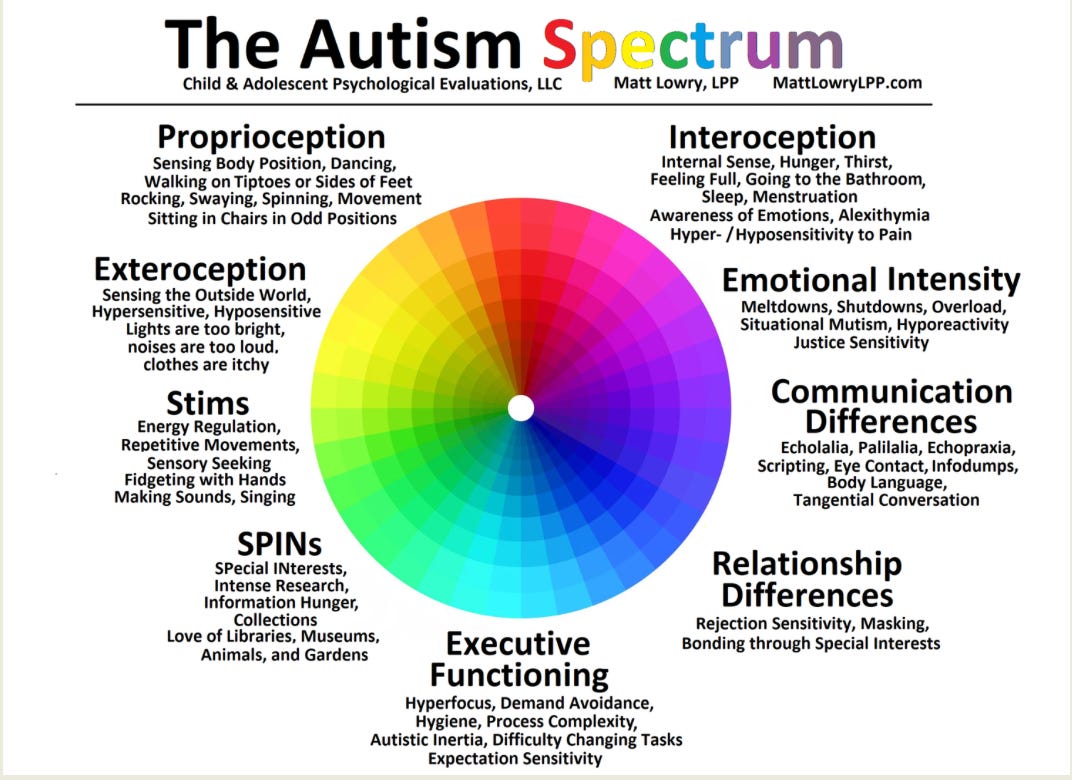

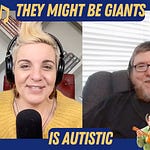

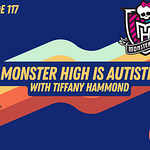

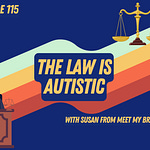

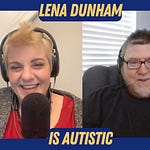
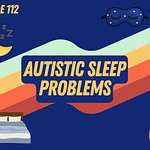
Share this post